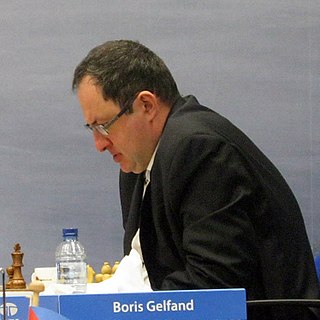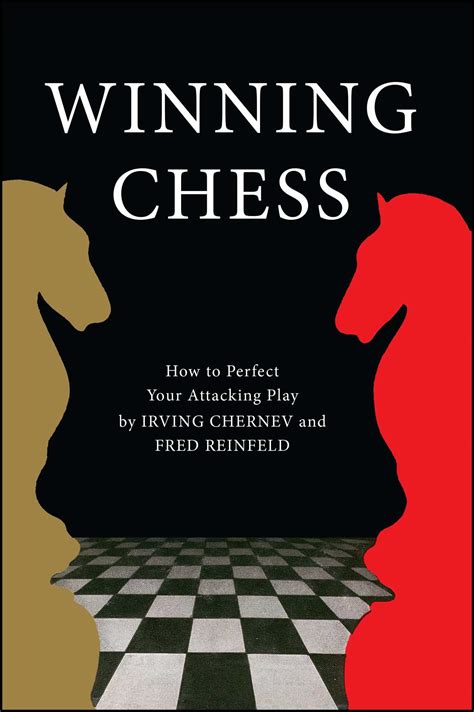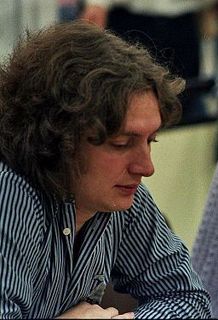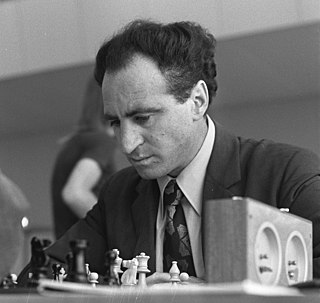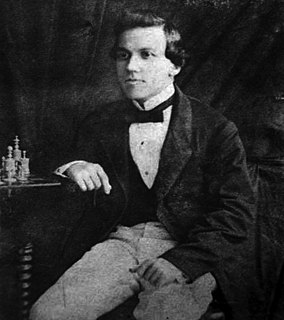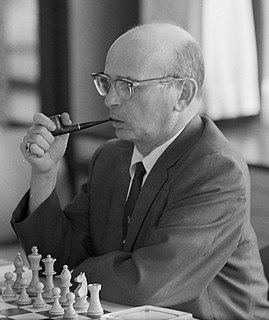Top 27 Quotes & Sayings by Aron Nimzowitsch
Explore popular quotes and sayings by a Danish chess player Aron Nimzowitsch.
Last updated on April 15, 2025.
How is it to be explained that something inside me revolts against the playing of obvious moves? Perhaps we may perceive the underlying reason in the fact that I derive satisfaction from seeking to reveal the concealed meaning of a position by means of maneuvering play and therefore I do not wish to see this satisfaction curtailed by a banal, more or less fortuitous decision. Naturally, this phenomenon is played out beneath the threshold of consciousness. The waking consciousness will, of course, in each individual case, give preference to the more rapid means of deciding the game.
The chess world is obligated to organize a match between the champion of the world and the winner of this Carlsbad tournament - indeed, this is a moral obligation. If the world of chess should remain deaf to its obligation, on the other hand, it would amount to an absolutely unforgivable omission, carrying with it a heavy burden of guilt.
How vain are our fears! I thought to myself. Sometimes we fear that which our opponent (or fate) had never even considered! After this, then, is it any longer worthwhile to rack one's brain to find new ghosts to fear? No, indeed: All hail optimism! - upon playing Hermanis Mattison after he overlooked an unusual knight manouevre.

